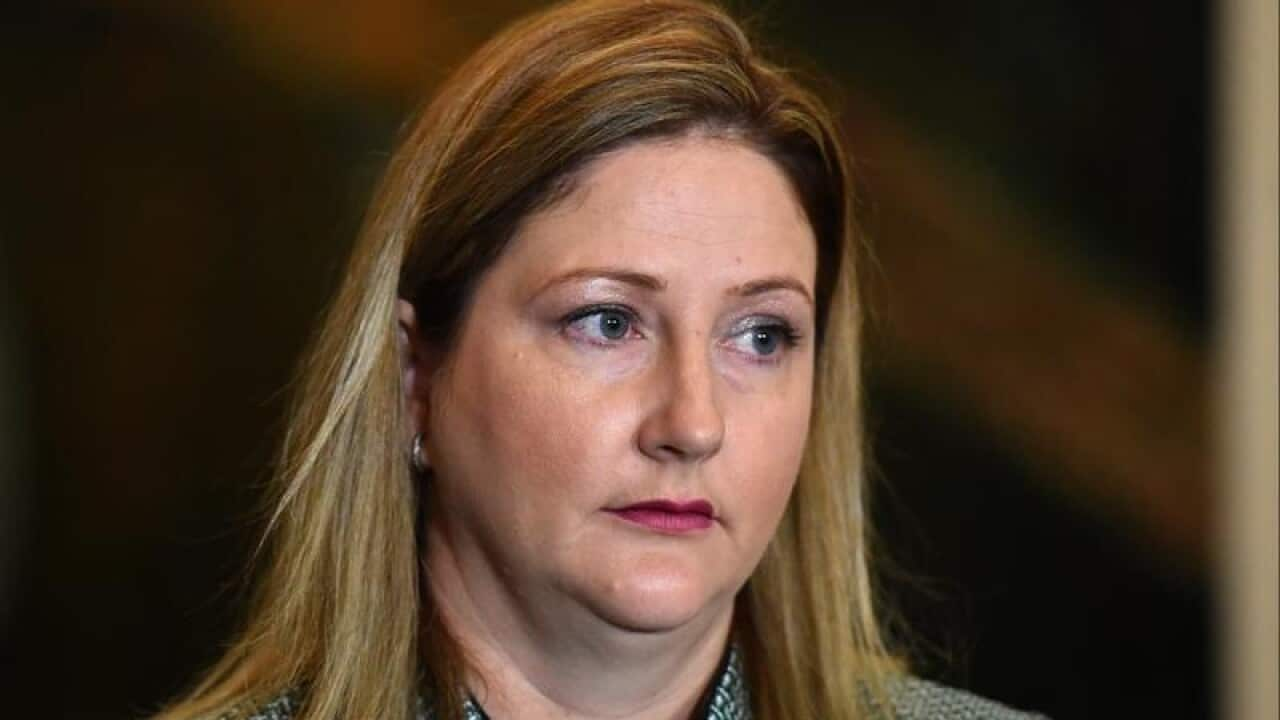There are fears the government's overhaul of university funding will pit Australia's universities against each other and become like the Hunger Games.
The changes - including cuts to funding in 2018 and 2019, higher student fees and a lower repayment threshold for HECS-HELP student loans - cleared parliament's lower house on Wednesday night after debate was cut short.
But there are already doubts about whether it will get the Senate's approval without serious compromises.
Labor and the Greens, like the higher education sector, oppose the package, meaning the government will have to rely on support from the cross bench.
Nick Xenophon says his team cannot support the measures as they stand, while independent Derryn Hinch predicts they won't pass without changes.
However Education Minister Simon Birmingham is hopeful of reaching a deal soon.
NXT education spokeswoman Rebekha Sharkie told parliament there were some small good elements in the package but had concerns about others.
She could not support increasing student fees, arguing that Australia already had the fifth-highest tuition fees in the OECD.
Nor does she fully agree with a move to tie a portion of funding to performance measures, which doesn't save the budget any money but will pit universities against each other for a share of funds.
"It will, if you like, be a Hunger Games-style policy where smaller universities and, in particular, regional universities will be at a disadvantage when entering the game," Ms Sharkie said.
"This approach will create winners and losers, rather than lifting the performance benchmarks overall."
She's also worried about what the targets might be, raising the possibility of universities cherry-picking students if they're based on retention rates or collective average grades.
"Does this mean a single parent or a student with a disability or a first-in-family student will be less likely to receive a place?"
Among the measures she does support is the $15 million investment in regional higher education, although she believes it remains "highly inadequate".
Share

